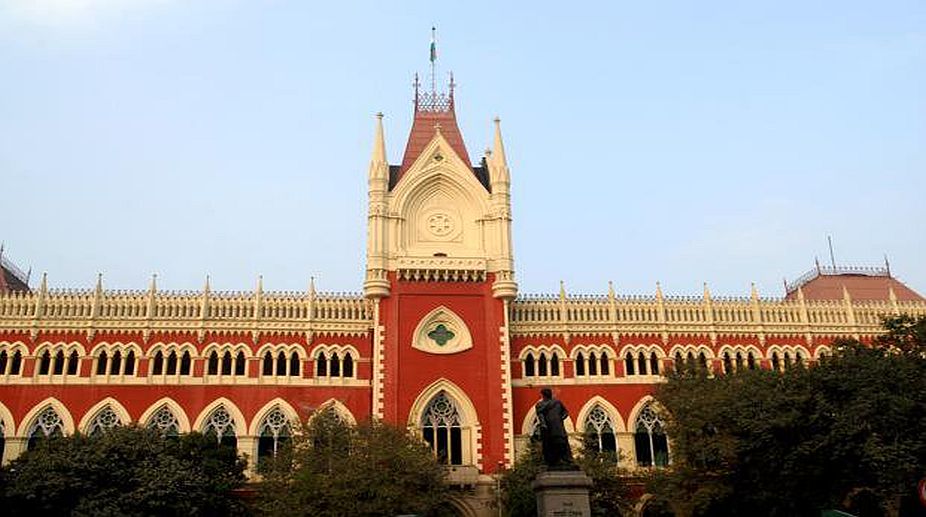Precautionary, a pre-emptive move to avert the appointment of Election Commissioners being dragged into controversy would be a positive, charitable interpretation of the apex court’s suggesting that Parliament frame a law governing those appointments. A diametrically opposite perception would be that of an overreaching judiciary seeking for itself a foothold in the appointment process ~ all laws and rules are justiciable.
And, pardon the resort to slang, a popular view might be “that if it ain’t broke why try to fix it” ~ since a bench over which the Chief Justice presided was of the view that thus far those selected had been “outstanding people, very fair and politically neutral.” Yet despite issuing that clean chit the court preferred formal shape being given to a “most transparent and just process”. It asked, “who should be short-listed. Who short-lists the names. What is the eligibility. There is nothing to show the procedure followed….” Does that not reflect a breakdown of the trust and confidence the people should, ideally, have in their elected representatives and the government? That a petition calling for a formalised process should be taken up by the apex court is itself an acceptance of a sad reality that over the years several norms of good governance have broken down.
It remains a moot question, however, if laws/rules suffice to keep things pristine: the court had mentioned the provisions for the appointment of the CBI chief ~ there is deep-rooted public belief that the premier investigative agency serves as a political instrument of the government of the day.
It was more than trifle ironic that the court’s suggestion was reported in newspapers on the same day that the seven-judge bench’s detailed order in the CS Karnan affair was published. For in their orders two of the judges called for re-visiting the collegium system of higher judicial appointments, and lamented the lack of a mechanism to monitor the functioning of judges.
That would fuel the continuing stand-off between the judiciary and executive, and reopen the question of establishing a national judicial appointments commission. Make no mistake about it, the former judge of the Calcutta High Court convicted for contempt of court (who subsequently evaded arrest) is not an isolated “offender”: recently a judge in Rajasthan acted like a gau-rakshak in black robes, and a couple of days back a bench of the Delhi High Court took a controversial line on Muslim burials when observing that Hindus were opting for electric/gas cremation to prevent deforestation but soon there would be so many graves that space for the living would be hard to come by. All of that comprising “transparent” evidence of the need for their Lordships to look within, and avert a modification of the famous exhortation ~ “physician heal thyself”.






